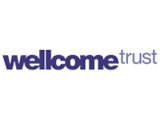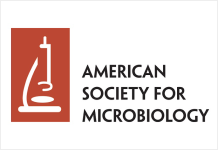
World’s health researchers join together to share and use ‘big data’
The Global Alliance addresses a need for improved approaches to bring together the ever increasing amount of genomic and clinical data. [EMBL – European Bioinformatics Institute]

More than 60 leading health care, research and disease advocacy organisations from across the world are joining together to form an international alliance dedicated to enabling secure sharing of genomic and clinical data.
Each of these organisations has signed a ‘Letter of Intent’, pledging to work together to create a not-for-profit, inclusive, public-private, international, non-governmental organisation (modelled on the World Wide Web Consortium, W3C) that will develop a common framework.
The cost of genome sequencing has fallen one-million fold, and ever increasing numbers of people are making their genetic and clinical data available for research and clinical use. However, interpreting people’s genetic data requires a standardised biomedical evidence base that is larger than any one party alone can develop, and that adheres to the highest ethical and privacy standards.
In January 2013, 50 colleagues from eight different countries met to discuss the current challenges and opportunities in genomic research and medicine, and how they could work together to foster medical progress. They concluded that the greatest need was a common framework of international standards designed to enable and oversee the sharing of genomic and clinical data in an effective, responsible, and interpretable manner.
Following the circulation of a White Paper from the meeting, more than 60 organisations from North and South America, Europe, Asia and Africa have joined together to form a non-profit global alliance which will work to develop a common framework, that enables new research based on shared data while protecting participant autonomy and privacy.
“At present, it is generally not possible to predict which changes in DNA sequence lead to clinical consequences. Only by comparing each personal genome sequence to a large repository of other such data can robust patterns and relationships can be identified,” said Dr Tom Hudson, Chairman of the Executive Committee of the International Cancer Genome Consortium, and President of the Ontario Institute for Cancer Research in Canada. “The stakes are high, because if we get it right we can create new opportunities to define diagnostic categories, streamline clinical trials, and match patients to therapy.
We want to make sure this is done in a global manner, and with the highest standards for ethics and privacy.”
























